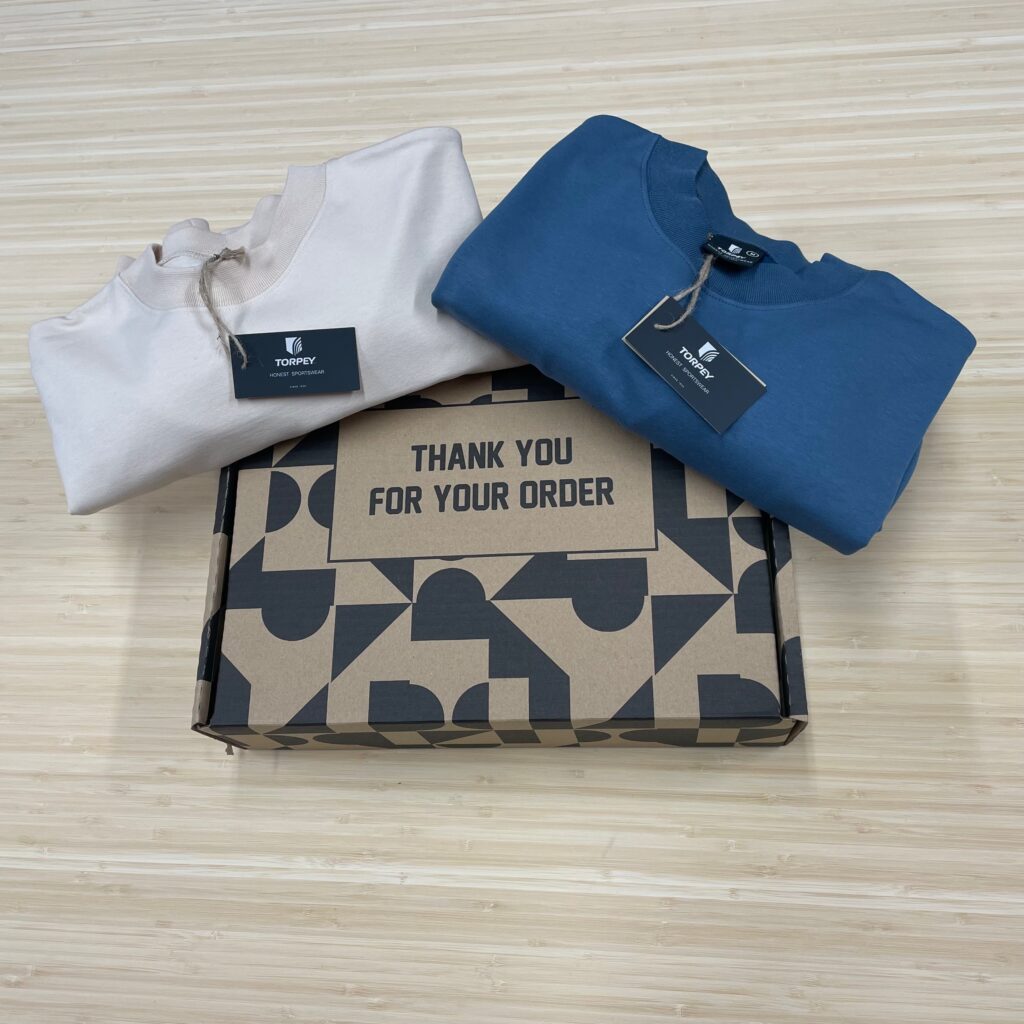There are no products in your bag.
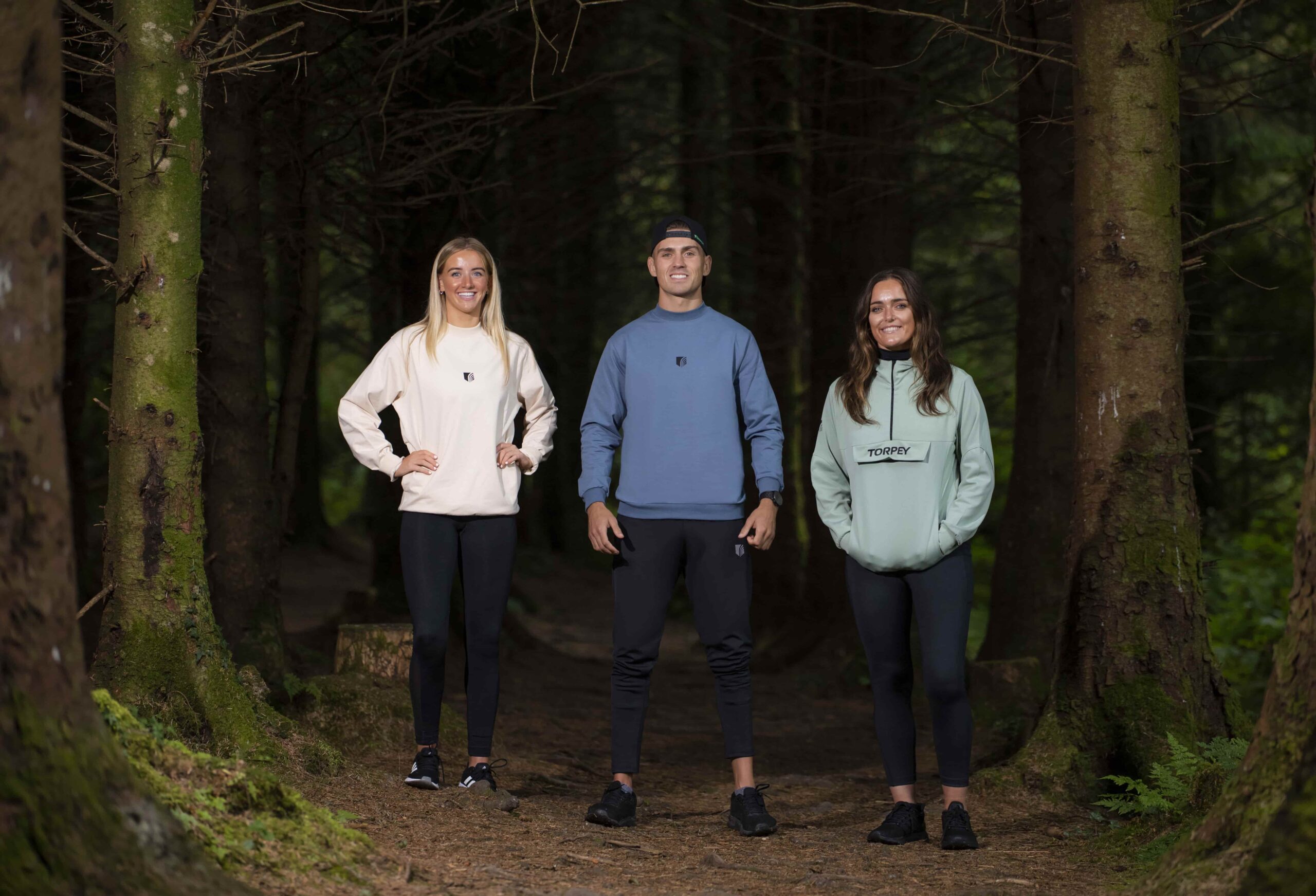
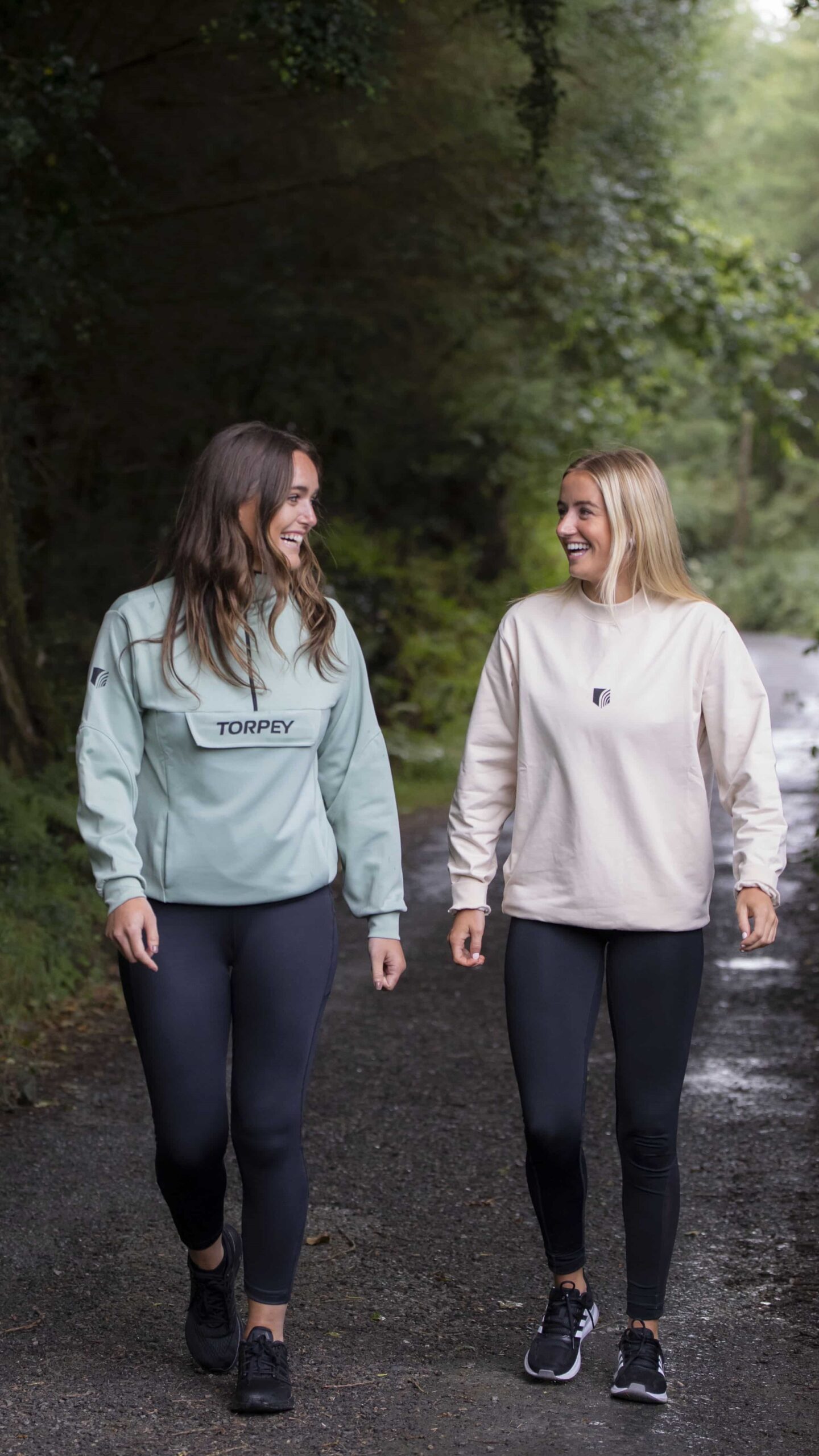
Torpey has built its traditions in the sport of hurling through grassroots development and involvement in the community. Hurling is a sport of the community with the key focus of every club being sustainable for the future. Torpey is built on the same principles with a major focus on learning from the past and planning for the future. Torpey is an established business since 1981 and is now in its’ third generation of master craftsmen.
Learning and development from the past has led Torpey to become successful in the current day and into the future. John Torpey was heavily involved with people on a personal level which helped him to understand his products. This tradition is forefront in Torpey’s development of new products and innovations where the people of the community have a central involvement in the final product development.
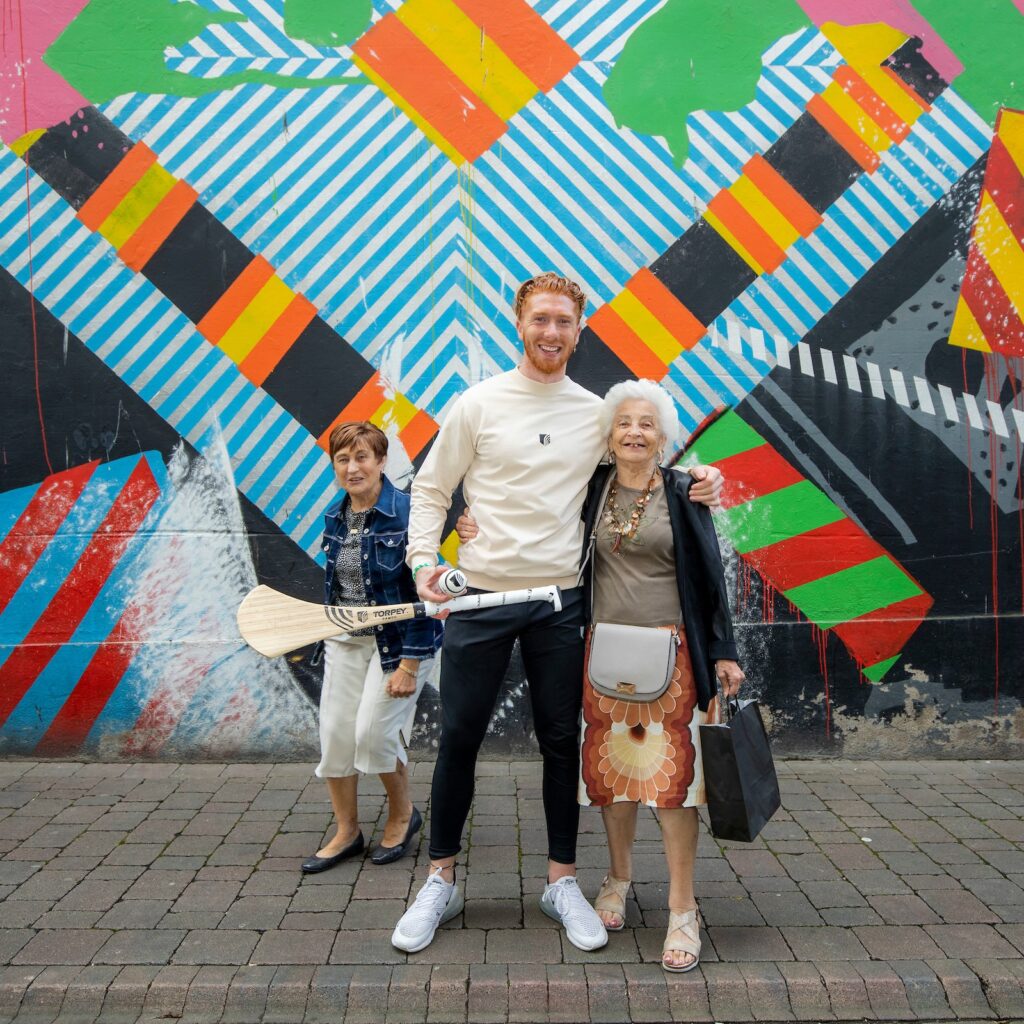
Top Irish ‘Zero Waste’ designer Sarah O’Neill designed the ‘HONEST’ range with high quality and comfortable garments in mind. Sarah recognised high-quality to be the way towards slower fashion whereby we buy less and wear more often. This concept is considered throughout the range; the fit and materials are all incorporated to keep garments lasting longer.
Sarah is a unique and experienced sustainable, ethical fashion designer and creative director with a demonstrated history of working in the apparel and fashion industry. She specialises in reclaiming materials to champion a circular approach to design and contribute to a closed loop economy. At Torpey we are always delighted to work with passionate people like Sarah and her experience and creativity have brought the ‘HONEST’ range to life.
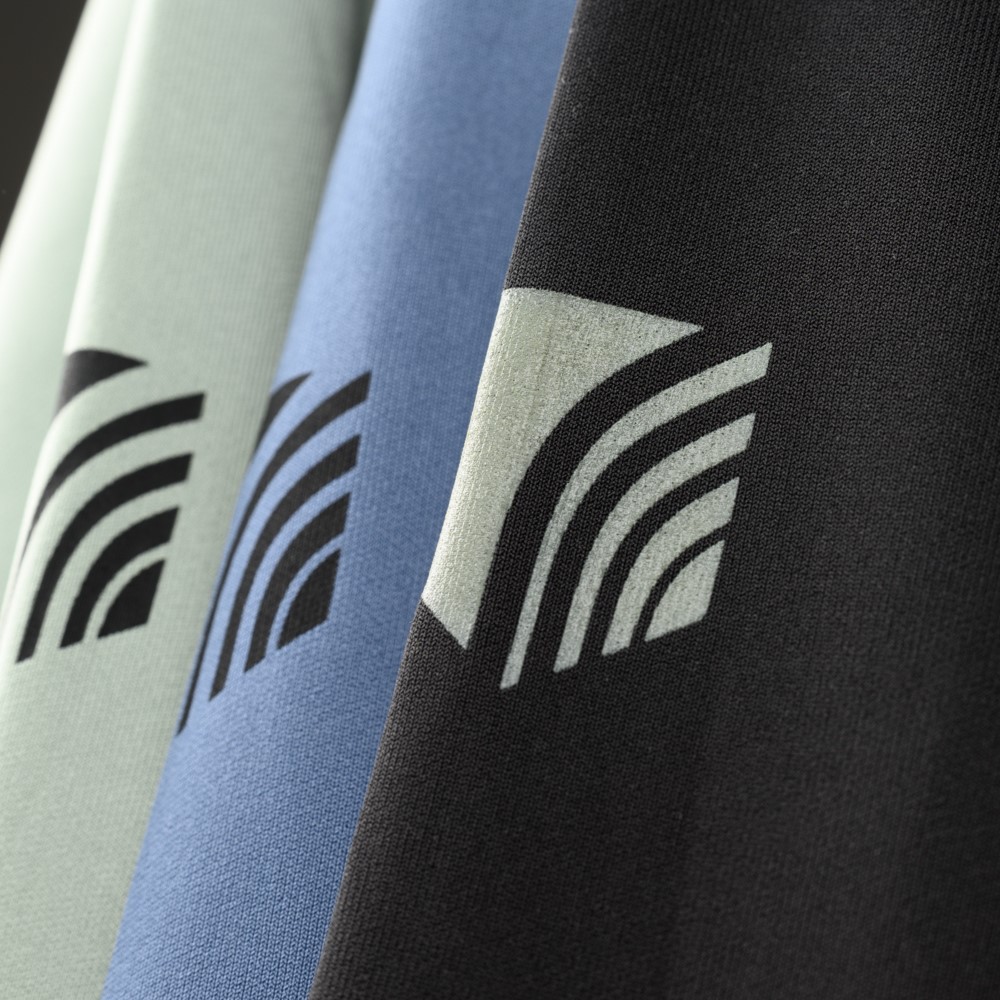
Organic Cotton: Organic cotton is grown using methods and materials that have a low environmental impact. Third-party certification organizations verify that organic producers use only methods and materials allowed in organic production. The Higg Materials Sustainability Index calculates that organically grown cotton has roughly half the environmental impact of conventionally grown cotton.
Bamboo: There are many types of bamboo fabric including chemical methods of bamboo viscose, and lyocell bamboo fabric. We use mechanically produced fine bamboo fiber which is more labor intensive and costly however removes the use as much chemicals which is more environmentally friendly. In the mechanical way of processing, machines are used to crush the woody parts of bamboo plant, natural enzymes are then used to break the bamboo into a mushy mass at which point the individual fibers are combed out and spun into the yarn which are then made into the bamboo fabric for the clothing.
Recycled Polyester: Recycled polyester prevents plastic from going to landfill, it gives second life to materials that are non-biodegradable and going to landfill. It also takes less energy (59%) to produce when compared to virgin polyester.
However we are aware recycled polyester is not the complete answer to sustainability. The recycling process can not be done forever and can also have inconsistencies in the material. This can lead to re-dying of fabrics which has a high energy impact. Our dying companies use water based dies instead of traditional methods.
Elastane: Elastane is one of our most unsustainable fabrics and one we are aiming to eliminate from our process. We use it only in small quantities approx. 5-10% in some garments to give your clothes the stretch needed.
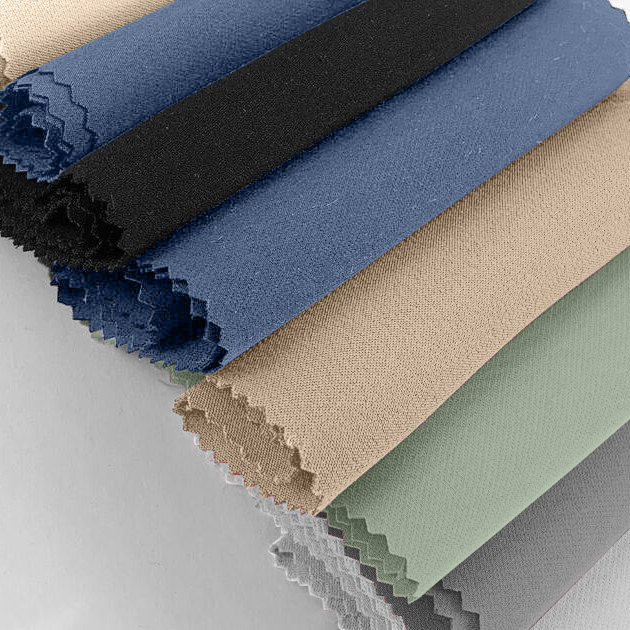
We care about how our products are made and how the people making the garments are treated. Our manufacturers have been carefully selected in Portugal. Our manufacturers, fabric makers, dying and printing companies are all based in Portugal. Having visited the factories we are entirely confident all workers are ethically treated, have access to proper working conditions are are paid appropriately under fair trade agreements.
Our factories have up to date certificates form OEKO-TEX, GOTS and GRS which are the global textile standards to ensure quality and sustainability of fabrics and ethics. The GOTS certification looks at the entire textile supply chain, ensuring organic fibres are used and certain nasty chemicals banned. There is also a focus on waste reduction and checks on the working conditions. The fabrics are accredited by the Global Recycling Standard (GRS) to verify their recycled content and chain of custody and OEKO-TEX, meaning that no harmful substances are used in the making of these clothes
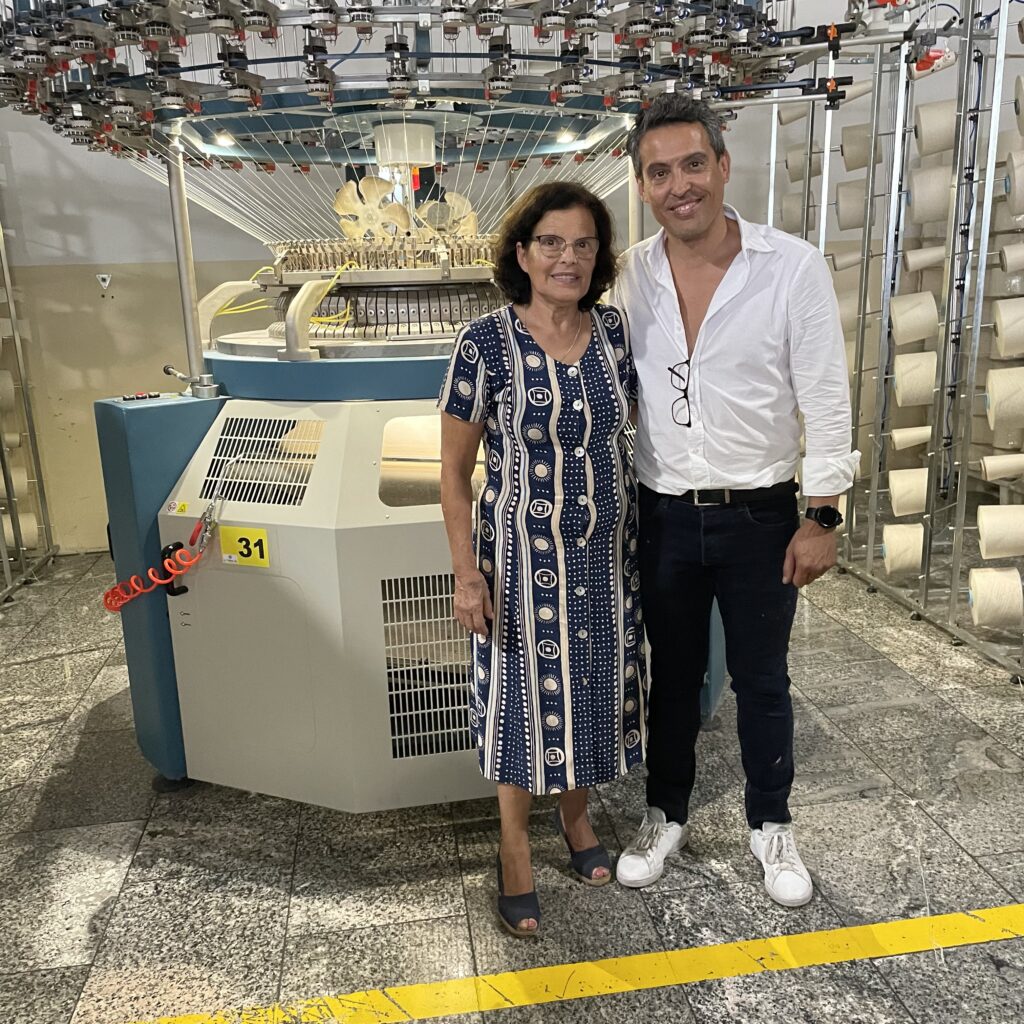
We use packaging which will create as little environmental impact as possible. Our clothing items are packaged into PLA (Polylactic acid) biodegradable bags. PLA is a composition of plant starches and sugars that use a chemical process to transform it into a polymer that can be used in place of conventional plastics.
Our cardboard packaging is used to send garments in the post. All our cardboard packaging is fully recyclable and essentially biodegradable. To allow the cardboard the best change to biodegrade it is advised to cut into small pieces. Additionally, all our hangtags are made with card and rope thread to ensure we are using as little plastic as possible.
